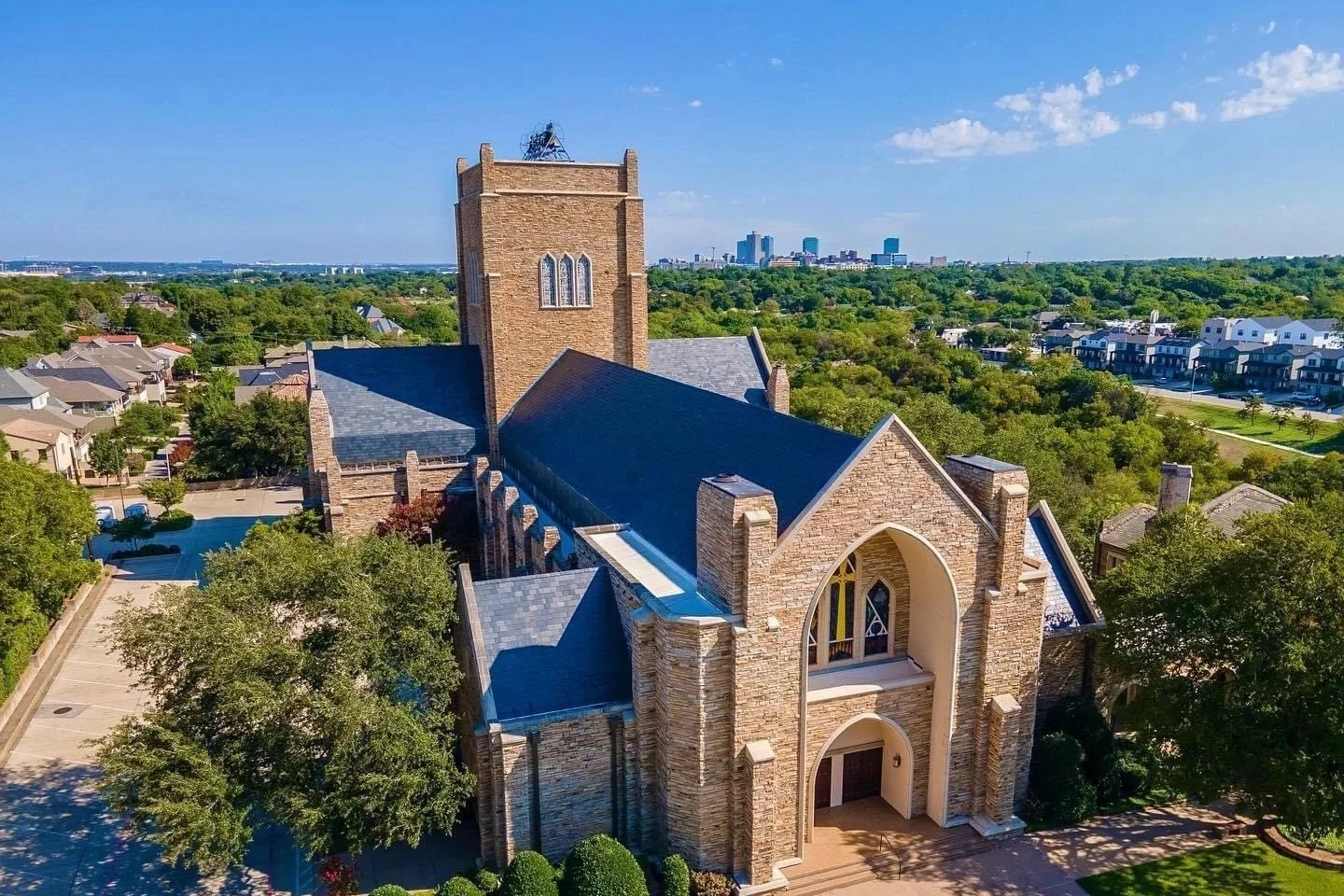
Sundays at St. Stephen
9:15–10:15 am: Christian Formation Classes For All Ages
10:30 am: Worship, Sanctuary

Mission Statement
St. Stephen Presbyterian Church celebrates liturgical worship to the glory of God, embraces a progressive theology, engages in mission, serves with compassion, and intentionally includes all with love.